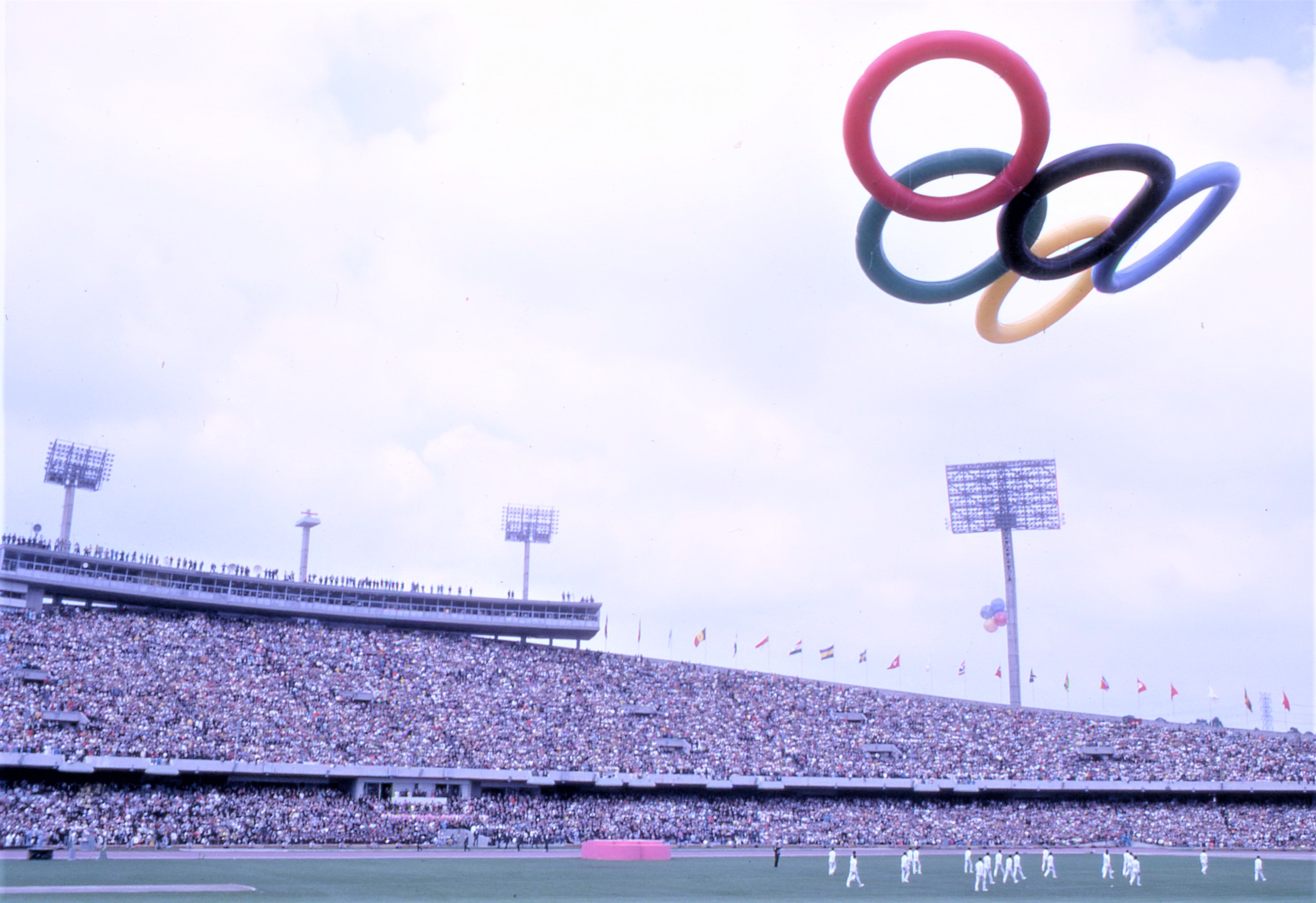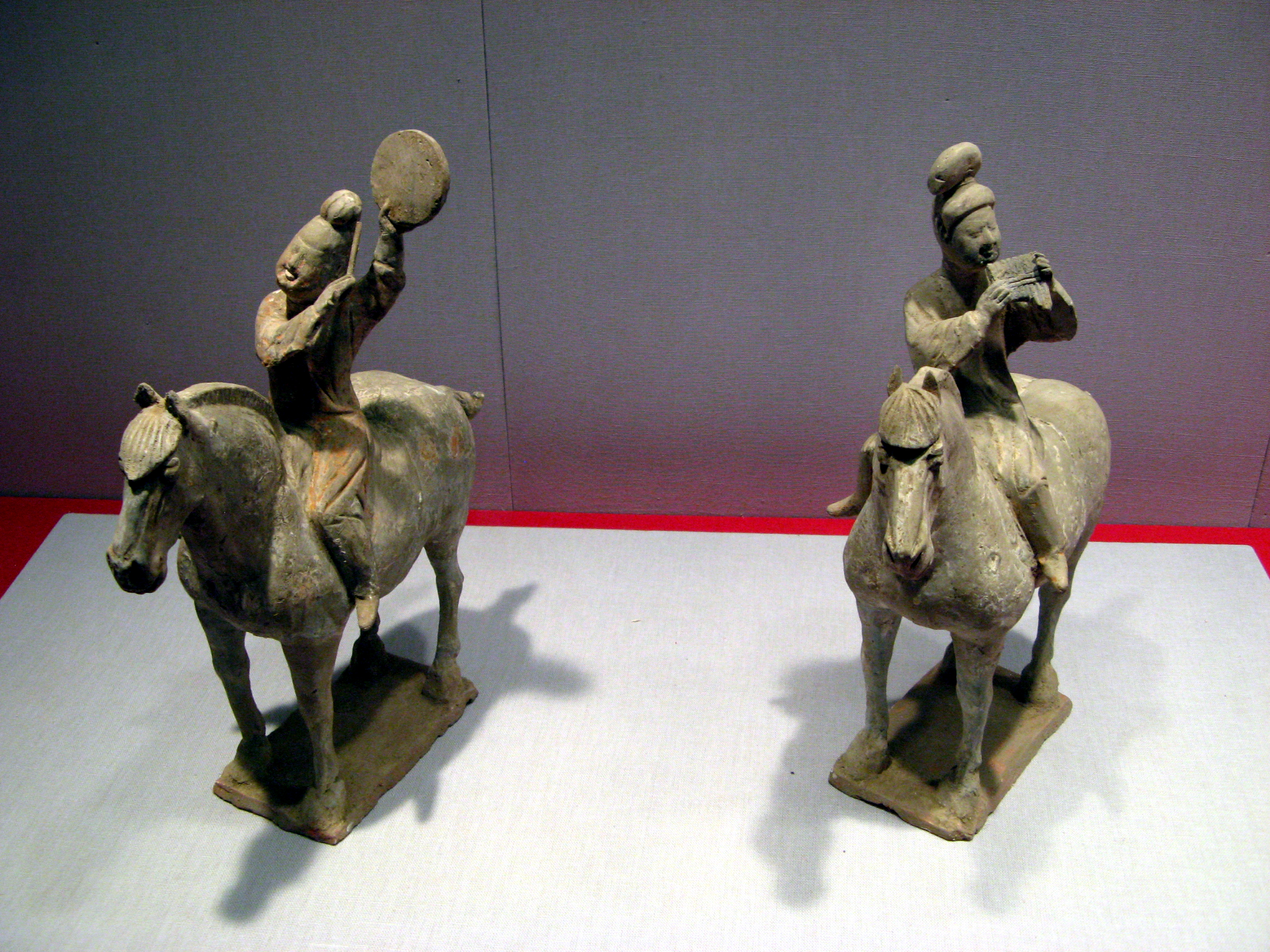|
Monica Bachmann
Monica Bachmann-Weier (born 17 April 1942) is a retired Swiss horse rider. She competed in the individual and team show jumping at the 1968 and 1972 Summer Olympics The 1972 Summer Olympics (), officially known as the Games of the XX Olympiad () and officially branded as Munich 1972 (; ), were an international multi-sport event held in Munich, West Germany, from 26 August to 11 September 1972. It was the ... and placed fifth-seventh. Her husband Paul Weier is also an Olympic show jumper. References 1942 births Living people Olympic equestrians for Switzerland Equestrians at the 1968 Summer Olympics Equestrians at the 1972 Summer Olympics Swiss female equestrians Sportspeople from St. Gallen (city) {{Switzerland-equestrian-bio-stub ... [...More Info...] [...Related Items...] OR: [Wikipedia] [Google] [Baidu] |
Equestrianism
Equestrianism (from Latin , , , 'horseman', 'horse'), commonly known as horse riding ( Commonwealth English) or horseback riding (American English), includes the disciplines of riding, driving, and vaulting. This broad description includes the use of horses for practical working purposes, transportation, recreational activities, artistic or cultural exercises, and competitive sport. Overview of equestrian activities Horses are trained and ridden for practical working purposes, such as in police work or for controlling herd animals on a ranch. They are also used in competitive sports including dressage, endurance riding, eventing, reining, show jumping, tent pegging, vaulting, polo, horse racing, driving, and rodeo (see additional equestrian sports listed later in this article for more examples). Some popular forms of competition are grouped together at horse shows where horses perform in a wide variety of disciplines. Horses (and other equids such as mules ... [...More Info...] [...Related Items...] OR: [Wikipedia] [Google] [Baidu] |
Show Jumping
Show jumping is a part of a group of English riding equestrian events that also includes eventing, hunters, and equitation. Jumping classes are commonly seen at horse shows throughout the world, including the Olympics. Sometimes shows are limited exclusively to jumpers. Sometimes jumper classes are offered in conjunction with other English-style events. Sometimes, show jumping is but one division of a very large, all-breed competition that includes a very wide variety of disciplines. Jumping classes may be governed by various national horse show sanctioning organizations, such as the United States Equestrian Federation or the British Showjumping Association. International competitions are governed by the rules of the International Federation for Equestrian Sports. Hunters or jumpers Show jumping events have hunter classes, jumper classes and hunt seat equitation classes. Hunters are judged subjectively on the degree to which they meet an ideal standard of manners, s ... [...More Info...] [...Related Items...] OR: [Wikipedia] [Google] [Baidu] |
1968 Summer Olympics
The 1968 Summer Olympics (), officially known as the Games of the XIX Olympiad () and officially branded as Mexico 1968 (), were an international multi-sport event held from 12 to 27 October 1968, in Mexico City, Mexico. These were the first Olympic Games to be staged in Latin America, the first to be staged in a Hispanophone, Spanish-speaking country, and the first to be staged in the Global South. Consequently, these games also marked the first time that there would be a gap of two Olympic Games not to be held in Europe. They were also the first Games to use an All-weather running track, all-weather (smooth) track for track and field events instead of the traditional cinder track, as well as the first example of the Olympics exclusively using electronic timekeeping equipment. The 1968 Games were the third to be held in the last quarter of the year, after the 1956 Summer Olympics, 1956 Games in Melbourne and the 1964 Summer Olympics, 1964 Games in Tokyo. The Mexican Movement of ... [...More Info...] [...Related Items...] OR: [Wikipedia] [Google] [Baidu] |
1972 Summer Olympics
The 1972 Summer Olympics (), officially known as the Games of the XX Olympiad () and officially branded as Munich 1972 (; ), were an international multi-sport event held in Munich, West Germany, from 26 August to 11 September 1972. It was the second Summer Olympics to be held in Germany, after the 1936 Summer Olympics, 1936 Games in Berlin, which had taken place under the Nazi Germany, Nazi rule. Germany became only the second country at that point after the United States to have two different cities host the Summer Olympics. The West German government had been eager to have the Munich Olympics present a Democracy, democratic and optimistic Germany to the world, as shown by the Games' official motto, ''"Die Heiteren Spiele"'', or "the cheerful Games". The logo of the Games was a blue solar logo (the "Bright Sun") by Otl Aicher, the designer and director of the visual conception commission. The hostesses wore sky-blue dirndls as a promotion of Bavarian cultural heritage. The Oly ... [...More Info...] [...Related Items...] OR: [Wikipedia] [Google] [Baidu] |
Paul Weier
Paul Weier (born 3 December 1934) is a Swiss former equestrian. He competed at the 1960, 1964, 1968 and 1972 Summer Olympics The 1972 Summer Olympics (), officially known as the Games of the XX Olympiad () and officially branded as Munich 1972 (; ), were an international multi-sport event held in Munich, West Germany, from 26 August to 11 September 1972. It was the .... References External links * 1934 births Living people Swiss male equestrians Olympic equestrians for Switzerland Equestrians at the 1960 Summer Olympics Equestrians at the 1964 Summer Olympics Equestrians at the 1968 Summer Olympics Equestrians at the 1972 Summer Olympics People from Winterthur District Sportspeople from the canton of Zürich 20th-century Swiss sportsmen {{Switzerland-equestrian-bio-stub ... [...More Info...] [...Related Items...] OR: [Wikipedia] [Google] [Baidu] |
1942 Births
The Uppsala Conflict Data Program project estimates this to be the deadliest year in human history in terms of conflict deaths, placing the death toll at 4.62 million. However, the Correlates of War estimates that the prior year, 1941, was the deadliest such year. Death toll estimates for both 1941 and 1942 range from 2.28 to 7.71 million each. Events Below, the events of World War II have the "WWII" prefix. January * January 1 – WWII: The Declaration by United Nations is signed by China, the United Kingdom, the United States, the Soviet Union, and 22 other nations, in which they agree "not to make any separate peace with the Axis powers". * January 5 – WWII: Two prisoners, British officer Airey Neave and Dutch officer Anthony Luteyn, escape from Colditz Castle in Germany. After travelling for three days, they reach the Swiss border. * January 7 – WWII: ** Battle of Slim River: Japanese forces of the 5th Division (Imperial Japanese Army), 5th Division, sup ... [...More Info...] [...Related Items...] OR: [Wikipedia] [Google] [Baidu] |
Living People
Purpose: Because living persons may suffer personal harm from inappropriate information, we should watch their articles carefully. By adding an article to this category, it marks them with a notice about sources whenever someone tries to edit them, to remind them of WP:BLP (biographies of living persons) policy that these articles must maintain a neutral point of view, maintain factual accuracy, and be properly sourced. Recent changes to these articles are listed on Special:RecentChangesLinked/Living people. Organization: This category should not be sub-categorized. Entries are generally sorted by family name In many societies, a surname, family name, or last name is the mostly hereditary portion of one's personal name that indicates one's family. It is typically combined with a given name to form the full name of a person, although several give .... Maintenance: Individuals of advanced age (over 90), for whom there has been no new documentation in the last ten ... [...More Info...] [...Related Items...] OR: [Wikipedia] [Google] [Baidu] |
Olympic Equestrians For Switzerland
Olympic or Olympics may refer to Sports Competitions * Olympic Games, international multi-sport event held since 1896 ** Summer Olympic Games ** Winter Olympic Games * Ancient Olympic Games, ancient multi-sport event held in Olympia, Greece between 776 BC and 393 AD * Olympic (greyhounds), a competition held annually at Brighton & Hove Greyhound Stadium Clubs and teams * Adelaide Olympic FC, a soccer club from Adelaide, South Australia * Fribourg Olympic, a professional basketball club based in Fribourg, Switzerland * Sydney Olympic FC, an Australian soccer club * Olympic Club (Barbacena), a Brazilian football club based in Barbacena, Minas Gerais state * Olympic Mvolyé, a Cameroonian football club based in Mvolyé * Olympic Club (Egypt), a football and sports club based in Alexandria * Blackburn Olympic F.C., an English football club based in Blackburn, Lancashire * Rushall Olympic F.C., an English football club based in Rushall * FC Olympic Tallinn, an Estonia ... [...More Info...] [...Related Items...] OR: [Wikipedia] [Google] [Baidu] |
Equestrians At The 1968 Summer Olympics
Equestrianism (from Latin , , , 'horseman', 'horse'), commonly known as horse riding (Commonwealth English) or horseback riding (American English), includes the disciplines of riding, driving, and vaulting. This broad description includes the use of horses for practical working purposes, transportation, recreational activities, artistic or cultural exercises, and competitive sport. Overview of equestrian activities Horses are trained and ridden for practical working purposes, such as in police work or for controlling herd animals on a ranch. They are also used in competitive sports including dressage, endurance riding, eventing, reining, show jumping, tent pegging, vaulting, polo, horse racing, driving, and rodeo (see additional equestrian sports listed later in this article for more examples). Some popular forms of competition are grouped together at horse shows where horses perform in a wide variety of disciplines. Horses (and other equids such as mules) are used for non ... [...More Info...] [...Related Items...] OR: [Wikipedia] [Google] [Baidu] |
Swiss Female Equestrians
Swiss most commonly refers to: * the adjectival form of Switzerland *Swiss people Swiss may also refer to: Places *Swiss, Missouri * Swiss, North Carolina * Swiss, West Virginia *Swiss, Wisconsin Other uses * Swiss Café, an old café located in Baghdad, Iraq *Swiss-system tournament, in various games and sports *Swiss International Air Lines **Swiss Global Air Lines, a subsidiary *Swissair, former national air line of Switzerland * .swiss alternative TLD for Switzerland See also *Swiss made, label for Swiss products *Swiss cheese (other) *Switzerland (other) *Languages of Switzerland, none of which are called "Swiss" *International Typographic Style, also known as Swiss Style, in graphic design *Schweizer (other), meaning Swiss in German *Schweitzer, a family name meaning Swiss in German *Swisse Swisse is a vitamin, supplement, and skincare brand. Founded in Australia in 1969 and globally headquartered in Melbourne, and was sold to Health & Happin ... [...More Info...] [...Related Items...] OR: [Wikipedia] [Google] [Baidu] |




